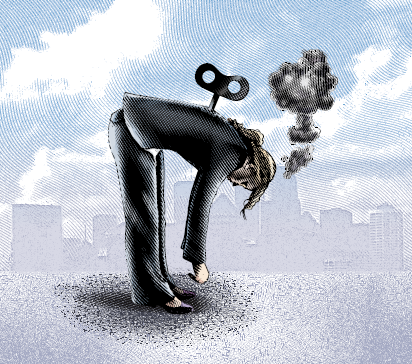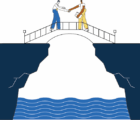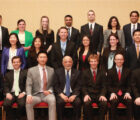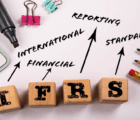
Red flag alert: “The risk of change fatigue and overwhelm in your workforce is high right now.” A PwC survey released in June about the present state of the global workforce found that 28% of the 56,000 workers across 50 countries surveyed were “very or extremely likely” to move on from their current companies within the next 12 months, up from 19% during the early “Great Resignation” in 2022. Also 45% of respondents experienced significantly increased workloads during the last 12 months. The survey was not all gloom and doom: 77% of workers responded they were ready to adapt to new ways of working and 72% were excited about opportunities to learn and grow in their roles. Nearly three-quarters were bullish that generative AI (GenAI) could create opportunities for upskilling and creativity, while indicators of worker financial stress among workers ticked down compared to 2023. On the other hand, nearly half of respondents indicated concerns about bias and misinformation associated with GenAI. A separate New York Times article from August also observed that GenAI has the potential to either push workers into “more complicated and variable work” or into roles where they “mindlessly [skim] for errors in mountain of content made by AI.”
What this means for actuaries: Improved workplace safety has led to years of plummeting workers’ compensation claim frequencies. Rising workloads and evolving responsibilities have the potential to generate more claims ranging from workplace accidents (e.g., lack of focus) to burnout itself. GenAI could improve worker efficacy on “easy and repetitive” tasks, but without what PwC calls “clear governance, guidelines, and training” there’s also potential to create new professional- and employment-related liabilities, such as copyright infringement and hiring discrimination, respectively. Actuaries may not be immune from burnout trends either despite being named one of U.S. News’s 15 lowest stress careers in May.
Sources:
- https://www.insurancejournal.com/news/international/2024/06/26/781080.htm.
- https://www.pwc.com/gx/en/issues/workforce/hopes-and-fears.html.
- https://www.nytimes.com/2024/08/03/business/ai-replacing-jobs.html.
- https://www.carriermanagement.com/features/2024/06/07/262955.htm.
- https://www.businessinsurance.com/article/20230901/NEWS08/912359415/Stress,-burnout-raise-worker-safety-concerns.
- https://money.usnews.com/careers/articles/low-stress-jobs













